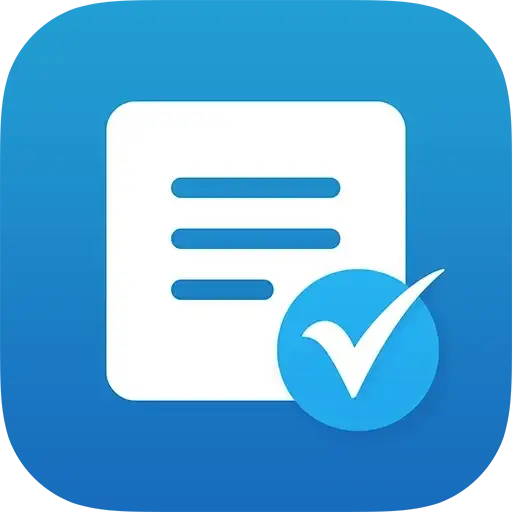California Dealer Sales Tax: What Retail Dealers Must Know
California dealer sales tax is a core compliance responsibility: every California retail dealer acts as the State’s tax collector and must collect and remit the correct tax on vehicle sales. This guide explains seller’s permits and remittance methods, what to include in the taxable selling price, the out-of-state delivery exemption documentation, and practical compliance tips to protect your DMV license.
1. Seller’s Permit & Remittance Method
Each dealership location must hold an active CDTFA seller’s permit. How you remit collected tax depends on your sales volume. Low-volume dealers (those who sold 300 or fewer vehicles in the referenced calendar year per Dealer Educator guidance) remit the collected tax through DMV with the registration paperwork; higher-volume dealers generally continue filing returns directly with the California Department of Tax and Fee Administration (CDTFA) until instructed otherwise.
2. What’s Taxable?
Apply tax to the selling price and most dealer-installed items. Key inclusions and exclusions:
- Selling price: the total amount the buyer pays for the vehicle before exempt government fees.
- Dealer-installed accessories and additions: taxable when installed and charged by the dealer.
- Dealer labor for smog or mechanical service charged as part of the sale is taxable.
- Exempt items: government fees such as registration and tire fees, and many insurance or vehicle-service products that are statutorily exempt.
- Use the buyer’s registration address rate when calculating tax; local district surcharges may materially increase the total rate (rates can exceed 10% in some areas).
3. Out-of-State Delivery Exemption
A sale escapes California tax only when the vehicle is actually delivered outside California. Promises to register out of state or to drive the vehicle out of California do not qualify. Maintain one of the following proof documents in the deal jacket to substantiate an out-of-state delivery exemption:
- A common-carrier bill of lading or delivery receipt showing out-of-state delivery; or
- A notarized CDTFA-448 “Statement of Delivery” executed outside California (the buyer must sign the form outside the state).
If the buyer drives the vehicle off your lot (even if they state they’ll register it elsewhere), California tax is due.
4. Compliance Tips & Best Practices
Consistent procedures reduce audit risk and protect your license. Key tips:
- Verify the correct tax rate using the buyer’s registration address before signing the contract.
- Collect the tax at the point of sale and remit on time according to your remittance method (DMV or CDTFA filings).
- File and keep all exemption documents (bill of lading or CDTFA-448) in the deal jacket; organized records demonstrate compliance during reviews or audits.
- Train sales, F&I, and title staff on taxable vs. non-taxable items and on when out-of-state delivery documentation is required.
- Reconcile tax collected on deals regularly to detect posting or calculation errors quickly.
5. Common Mistakes That Risk CDTFA Assessments or DMV Action
- Failing to hold an active seller’s permit for each location.
- Applying the wrong tax rate because the buyer’s registration address wasn’t verified.
- Missing or incomplete out-of-state delivery documentation when claiming an exemption.
- Charging tax-exempt items improperly or failing to tax dealer-installed accessories and taxable labor.
Quick Compliance Checklist
| Item | Action |
| Seller’s Permit | Confirm active CDTFA seller’s permit for each location. |
| Tax Rate | Verify buyer’s registration-address tax rate before contract. |
| Out-of-State Exemption | Keep bill of lading or notarized CDTFA-448 in the deal jacket. |
| Deal Documentation | File all receipts, forms, and copies with the deal packet for at least the recommended record retention period. |
Summary
Collecting and remitting the proper California dealer sales tax is essential to staying compliant and protecting your DMV license. Keep active seller’s permits, apply tax correctly to the selling price and taxable add-ons, document any out-of-state deliveries with the required paperwork, and maintain disciplined recordkeeping and staff training to reduce the risk of assessments or disciplinary action.
Sources
Dealer Educator course materials form the primary basis for the procedures described above. For official California guidance and forms, see:


